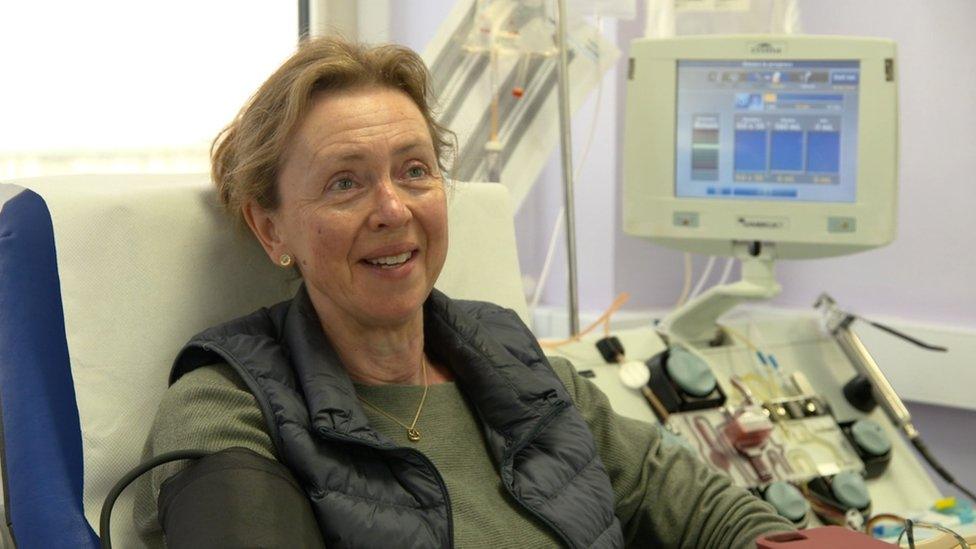Call for more blood plasma donors at Birmingham centre
- Published
Candi Singh uses plasma-based immunoglobulin medicines to treat a rare autoimmune condition
A woman with a rare autoimmune condition has urged more people to donate blood plasma.
Candi Singh, 35, from Coventry, was diagnosed at the age of 11 with myasthenia, which causes muscle weakness and fatigue.
She said she would not have been alive without the help of immunoglobulin medicines, which contain blood plasma.
It comes as the NHS launches its first ever Plasma Donation Week to encourage others to become donors.
More than 17,000 people in England currently rely on plasma, external for transfusions, as well as for medicines which help treat weakened immune systems, cancers and other diseases.
Figures from NHS Blood and Transplant showed that 1,066 people in the West Midlands region required plasma-derived immunoglobulin medicines in 2022.
But more than 1,000 new regular donors are still needed at its plasma donor centre in Birmingham, to increase long-term supplies to help transform the lives of others.
Mark Bailey, manager of the Birmingham Plasma Donor Centre, said more plasma would help to create medications used to treat "over 50 diseases".
Ms Singh said she would not have "survived" without the vital medication that had helped her to breathe and swallow.
'Quality of life'
"My diaphragm would eventually stop working, because my muscles get that weak that my diaphragm can't contract anymore, so yes the result would be fatal," she explained.
She currently receives intravenous immunoglobulin, which contains blood plasma, alongside 20 tablets per day and regular injections, all of which help to improve her quality of life.
She said the treatment had helped her to be a mother to her daughter and had had a "massive impact" on her family's lives.
"I'm able to do things with her that I wasn't able to do before," she said.
"It's given me a life, a quality of life is what I would say."

Analysis by Michele Paduano, Health Correspondent BBC Midlands Today
Following the BSE and new variant CJD scare, the UK stopped producing plasma in 1998. But the Covid pandemic identified a shortage of immunoglobulin which is a vital treatment for various autoimmune conditions - virtually all our supplies have been sourced from the USA.
In February 2021, the UK started collecting again with plans to be 30% self-sufficient by 2025.
The UK's government-owned fractionation plant Plasma Resources UK had been sold in 2013 and resold by a US owner in 2016 at significant profit. A new contract is being set up for a manufacturer of plasma at up to £600m, but is yet to be awarded.
Since Birmingham started collecting again, despite several campaigns, it has not got anywhere near capacity on its plasma collection.
NHSBFT press releases talked about supplies reaching hospitals from 2022 onward, but the aim now is for the frozen and stored plasma to be turned into medicines from 2024.

Follow BBC West Midlands on Facebook, external, Twitter, external and Instagram, external. Send your story ideas to: newsonline.westmidlands@bbc.co.uk, external
Related topics
- Published19 October 2020
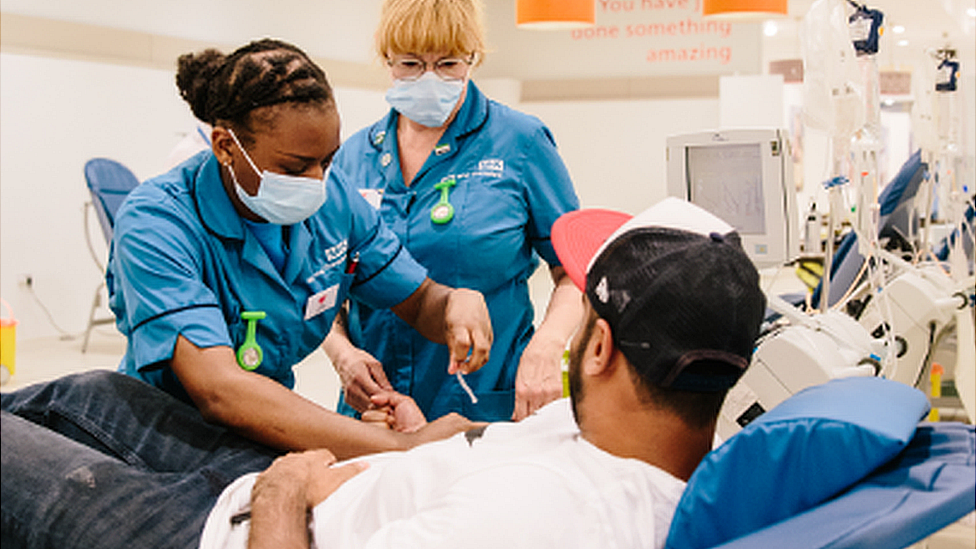
- Published3 July 2020
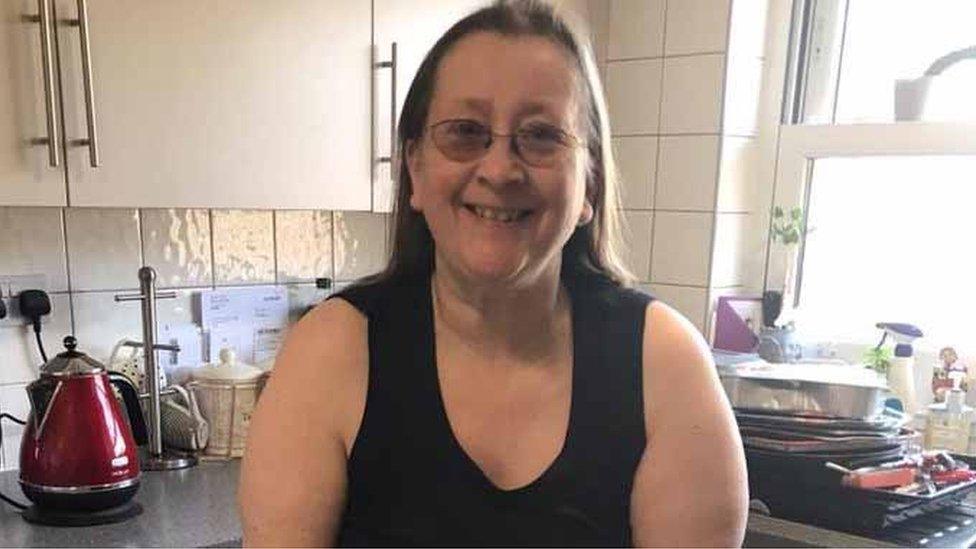
- Published8 January 2021
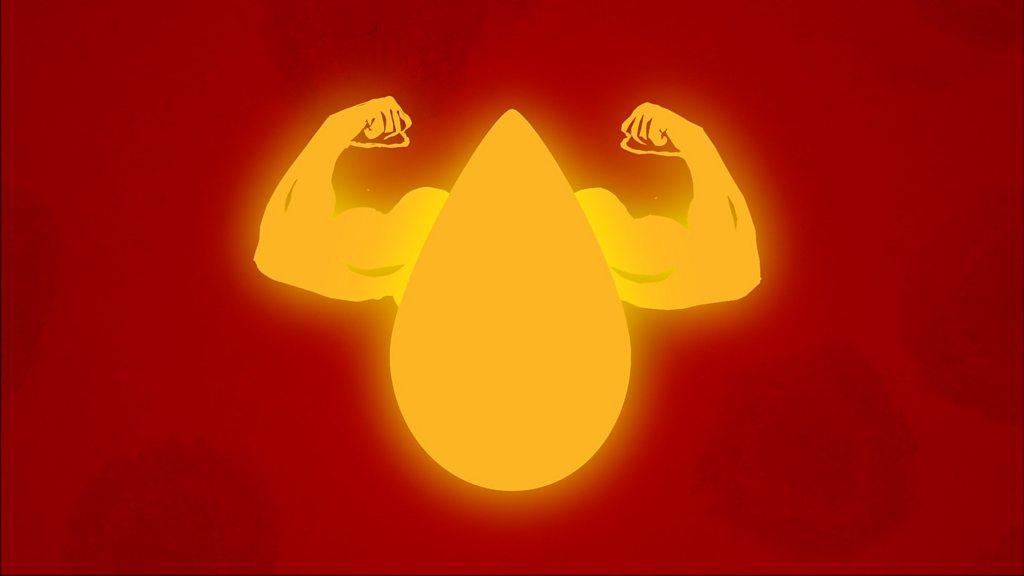
- Published11 November 2021
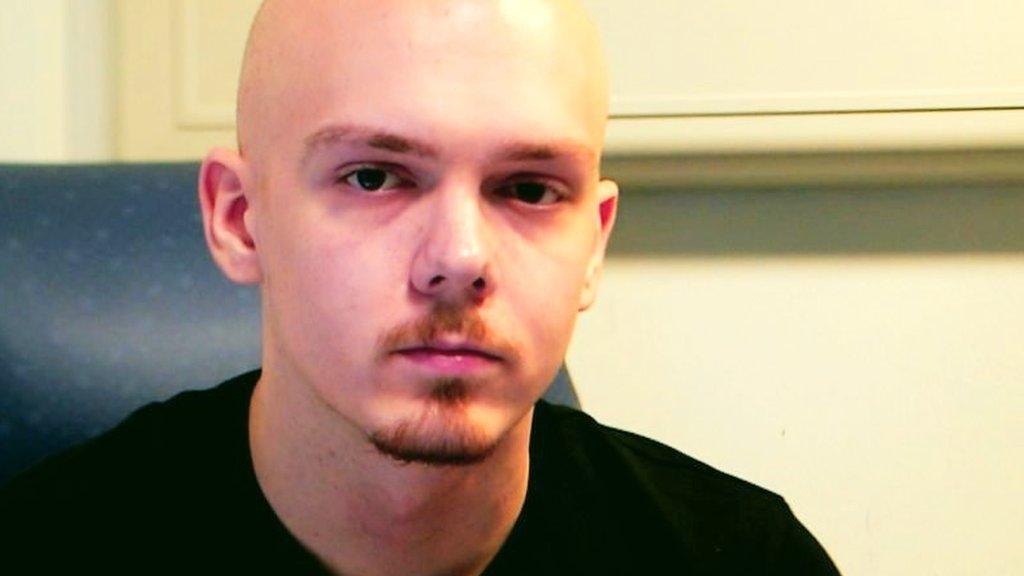
- Published2 May 2020
